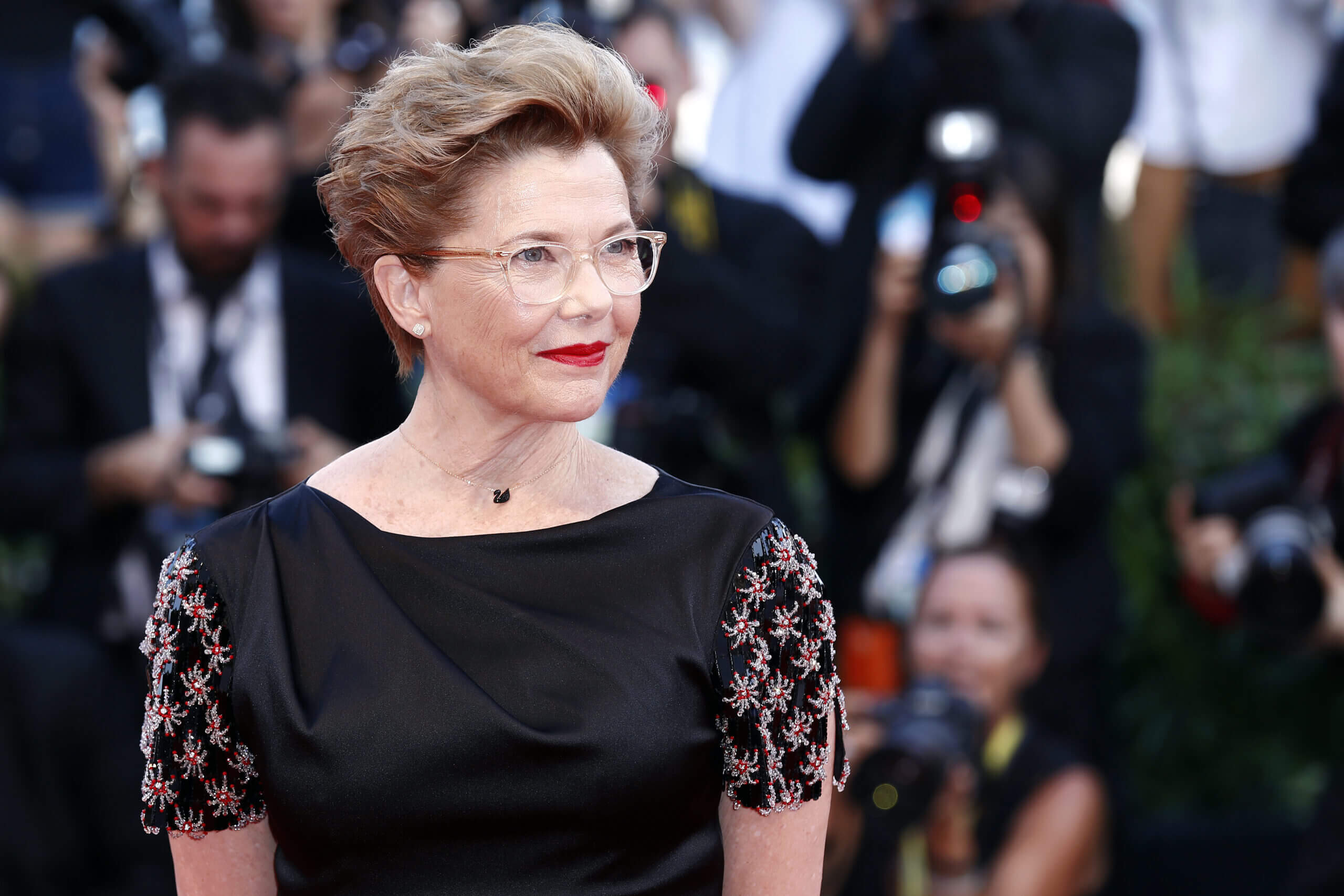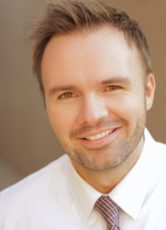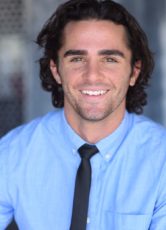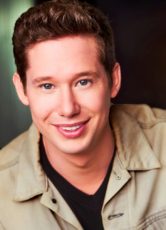
“Listening is with your blood, with your heart, with your talent, with your life … streaming through to the person who’s talking to you, who is communicating with you.” —Stella Adler
Tony Award-winning actor Reed Birney who stars in Fran Kranz’s directorial debut Mass shared his insights about active listening while performing. Birney acts alongside Ann Dowd, Jason Isaacs, and Martha Plimpton in the film about two sets of parents who have agreed to finally speak with one another after experiencing a horrible tragedy. With a wide range of human emotion, tension, and repression, the drama is garnering rave reviews by both critics and audiences alike.
The four great character actors had cameras positioned right in their faces during the shoot, and the end result is their listening skills are being hailed as spellbinding. Birney admits he would have found it hard not to listen to his castmates because of their intensity.
The Best Part of Acting
He explains, “Don’t you think listening is the best part of acting? I think I can remember four or five moments in my theater-going career of moments when I watched someone listening—they weren’t talking, they were listening—and their listening took my breath away. And so I remember [understanding] very early the importance of listening. I know that is important for me, to actively listen and to let the information be new [when] hearing it for the first time. You know, when you’ve done a play 600 times, that can be the first thing that goes. But really the job is to find a way to hear it for the first time.”
The late Alan Rickman had a strong conviction about listening. The Sense and Sensibility actor told BBC News that he had “an absolute mantra that you only speak because you wish to respond to something you’ve heard.” Therefore, the idea that an actor would prepare independently confounded him.
Intensity and Accuracy
He continued, “The notion of an actor going away and looking at a speech they have in their bedroom alone at night, is complete nonsense to me. What you have to say is completely incidental. All I want to see from an actor is the intensity and accuracy of their listening. Then what you have to say will become automatic, and then it will be free and alive. And then you can work on it and shape it and talk about it. But the basic sort of engine of it is how accurate is your listening, and how alive are you to your fellow actors? And how accurate is your response, and how bold?”
The Kids Are All Right actress Annette Bening shared a personal story with a group of theater students that emphasized her difficulty with listening early on in her training. An acting instructor had critiqued her performance with a scene partner, telling Annette, “Look, you’re used to kind of going up there and doing your thing, but you’re not really taking in what’s happening. You’re not taking in your partner. And what he’s doing is not affecting you because you’re just doing your thing. You’re not listening; you’re not really taking in what’s happening.” Bening found this assessment of her work to be quite embarrassing, but she knew the teacher was speaking the truth. So from that point on, she focused her efforts on listening deeply, or rather, properly.
Want to get your acting career started? Sign up or login to Casting Frontier and start auditioning today!
Related articles:
Viola Davis’ Acting Insights
10 Ways to Make Money with Your Acting Skills
Casting Directors on How There Are No Small Parts




